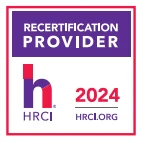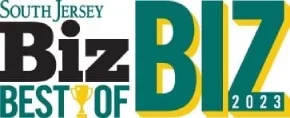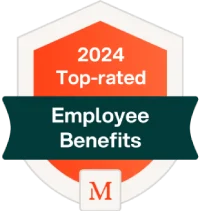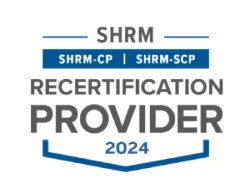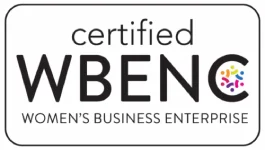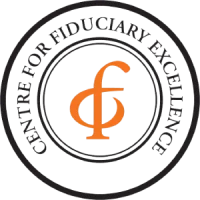SECURE 2.0: IRS Issues Guidance on De Minimis Financial Incentives and Employer Roth Contributions

The Secure Act 2.0 has been signed into law with the goal of promoting retirement security among Americans. The bill contains dozens of provisions that will impact various aspects of retirement plans. As a plan sponsor, it’s important to understand how the Secure Act 2.0 will impact your organization and employees. Below are several significant provisions contained within the legislation
Required Minimum Distribution Changes
- The required minimum distribution age increased to age 73, effective January 1, 2023. By 2033, the required minimum distribution age will be 75.
- The penalty for missing a required minimum distribution has been reduced from 50% to 25%.
Catch-Up Contribution Changes
- Beginning in 2025, participants between the ages of 60-63 can make catch-up contributions of up to $10,000 per year. The limit will be indexed to inflation.
- For employees with income greater than $145,000, Catch-Up contributions must be made on a Roth basis
Increased Tax Credits To Offset Start-Up Costs For New Plans
- Beginning in 2023, employers with less than 50 employees can receive a tax credit for starting a new 401(k) plan or 403(b) plan equal to 100% of the administrative costs between $500 and $5,000.
- In addition, employers of new plans can receive a 100% tax credit of up to $1,000 per employee for employer contributions made to employees earning less than $100,000.
Mandatory Automatic Enrollment and Automatic Escalation for new plans
- For all plan years after December 31, 2024, employers who offer a new 401(k) or 403(b) plan must include automatic enrollment and automatic deferral escalation provision.
- Auto-enrollment must start at 3% and must automatically increase by 1% until a cap of at least 10%. Employees can opt out of the program.
Student Loan Payment Matching
- Starting in 2024, employers can match employees’ student loan payments with a matching contribution to the retirement plan.
No Early Withdrawal Penalty for Emergency Withdrawals
- Beginning in 2024, employees can take a distribution of up to $1,000 penalty-free for immediate personal or emergency expenses.
- Employers are also able to add provisions to their plans to allow non-highly compensated employees to contribute to emergency savings accounts that will not be part of their regular retirement savings
Long-Term Part-Time Eligibility Reduced
- Effective immediately, any part-time employees with greater than 500 hours in two consecutive years must be allowed to contribute. Employers do not have to provide an employer contribution to long-term part-time employees.
Employers Can Make Matching Contributions Into Employee Roth Accounts
- Effective immediately in 401(k) and 403(b) plans, employers can give employees the option to receive vested matching contributions in a Roth Account. Previously, employer contributions were only made on a pre-tax basis.
For more information on the Secure Act 2.0 and how you can prepare for the changes, contact the team at Innovative Investment Fiduciaries, LLC by calling (888) 427-7383 or emailing resources@iifria.com
Download Your Secure 2.0 Act Readiness Checklist
Download Here!
Categories
Company News
Compliance
Employee Benefits
HR Consulting
Health Care Reform
Health Wellness
Retirement Plans
Workplace Wellness
Archive
